I’ve sat on this for awhile but decided on my run today that this was worth sharing. For starters, this is very much about my experience and what I see through my eyes. I cannot speak for a larger community, nor should I.
I recently spoke to my school just about who I was and the origin of my name. For a long time growing up, I didn’t like my name because I knew it gave bias. “People will know I am Asian on my resume, my name gives it away!” is what I thought to myself, over and over again. My last name, my first name, why couldn’t I of had a more “normal name”. Every time a teacher called my name on an attendance sheet, I’d hold my breath and hope they didn’t say the name, “Mary”.
I mean, no one really cared about my name. In school Newsletters (as a student), in interviews, in e-mails, everyone reads my name as “Mary” (and they still do now! I guarantee when I contact external partners or folks I am trying to schedule workshops for my students with, 1/2 times I’ll get a “Hi Mary” in return). Do they really think I’d spell my own name wrong on my resume? My emails? People also think there’s something special about my name, like it has some deep Chinese history to it and I always get a “tell me more”! Guess what? It doesn’t, it’s pragmatic and to the point. My Chinese name is May: Jia-Mei…which means Canadian Mei…which if you think about it, May is the Canadian way to spell, “Mei”…so my name makes perfect sense if you ask me, but often it’s followed-up with, “that’s it?” or a “Oh…”:
I spoke to my school about implicit bias. My name is something I had a hard time with growing up, but have recently started actively correcting people about it. Some popular mistakes include people reading it over too quick and thinking it’s Mary, to people thinking it’s too short to be a full name and opting to call me “May Lu” instead of “May”. At first, when I was a child, I thought people were just bad at spelling and/or bad readers. As I grew up, I realized because the mistake happened so often that no, it’s because they don’t recognize May and when they see the letters “M” and “a”, the assumption is Mary or that May is just too short, so May Lu must be it; implicit bias.
I thought back to a picture that I’ve always looked at as odd. This is me at about 3 years old. What was I thinking about so seriously? What idea did this crayon in my hand spark? Did this little one think she’d be here today?
I am iconic in my school for strutting around with my favourite pink Yeti always sipping it in my period one and two classes. Every year, every conference, every meeting, it’s always assumed I am drinking coffee or tea. Okay, in theory I am drinking tea, but it’s not what you’re (likely) thinking. I am drinking:
Yes, every morning, I make myself a cup of Hong Kong milk tea. It’s not necessarily the healthiest option, but I mean, people put cream in their coffee and drink lattes, right? This is just my thing. BUT for some reason, it causes such a ruckus at meetings or when I go to conferences, and I really hate that it causes a big deal, that I often pretend I am drinking coffee (or like it…I think it’s gross).
I get asked a lot, what are you drinking if not coffee or tea? You mean, YOU DON’T DRINK COFFEE?!?! Wait, what’s Hong Kong Milk Tea? How’s it not tea? Or the ever popular, wait–but what tea is Hong Kong milk tea? Oh, it’s Orange Pekoe! We have that right here!
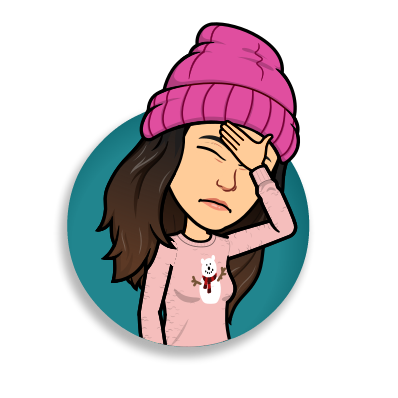 Yes, it’s Orange Pekoe tea, but do you also have the Evaporated Milk? Do you have a tea press? Do you have every other thing I would need to make this? No, you probably don’t. You probably have 2% milk and skim milk…soy, almond and coconut if you’re trying to be conscious of allergies…but I am pretty sure you probably don’t have evaporated milk. I also sometimes add condense milk too, because you gotta give yourself a little treat here and there, right? Now, let’s multiply this explanation and interaction another 100000 times because how many times do you go to meetings, conferences, talk with colleagues who drink Hong Kong milk tea on the regular and hate coffee? For me, I go to a lot of conferences and a lot of meetings, but not many milk tea lovers alike have been found for me. Maybe 1 every 500 colleagues on a good day. But to meet that one friend, I have to explain to the other 499 friends why I don’t want to drink what they have so graciously prepared. If you’re not exhausted from reading the numbers, imagine how tired you would be of saying the exact same explanation 499 times in a year.
Yes, it’s Orange Pekoe tea, but do you also have the Evaporated Milk? Do you have a tea press? Do you have every other thing I would need to make this? No, you probably don’t. You probably have 2% milk and skim milk…soy, almond and coconut if you’re trying to be conscious of allergies…but I am pretty sure you probably don’t have evaporated milk. I also sometimes add condense milk too, because you gotta give yourself a little treat here and there, right? Now, let’s multiply this explanation and interaction another 100000 times because how many times do you go to meetings, conferences, talk with colleagues who drink Hong Kong milk tea on the regular and hate coffee? For me, I go to a lot of conferences and a lot of meetings, but not many milk tea lovers alike have been found for me. Maybe 1 every 500 colleagues on a good day. But to meet that one friend, I have to explain to the other 499 friends why I don’t want to drink what they have so graciously prepared. If you’re not exhausted from reading the numbers, imagine how tired you would be of saying the exact same explanation 499 times in a year.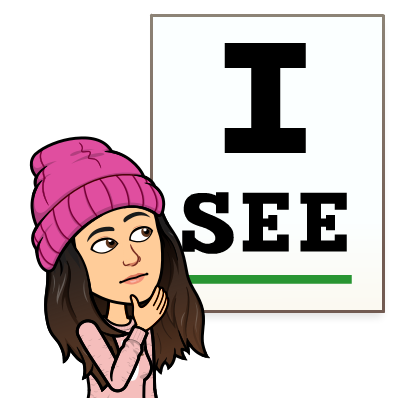
I am writing this because I am thinking a lot about conversations I have had lately with Lara Jensen and Lisa Bettencourt…so much is happening in the DEIJ space right now. I am trying to learn a lot in this space and that can be seen as you trying to be an expert or gain more traction. I am very much a learner in this space and not an expert. I am not trying to be an expert. I told my students, this is an uncomfortable space for me too, but I want to learn and am ready to learn with them. We are in this together and should be brave together. But, as we pondered in discussions, how can we be effective teachers without learning more in the DEIJ space? What is meaningful pedagogy without acknowledging the individuals in our classroom?
For myself, I had to learn a lot about the “Western culture” when I began pursuing a career in education. I learned about Bieber, the Kardashians, Schmitt’s Creek, the Beatles, and anything to make me “in the know” with staff and students. If I went to a staff meeting and said I had no idea who the Beatles were, you know someone would say, “YOU DON’T KNOW WHO THE BEATLES ARE?!”. I had to learn about hockey, golf and camping. Not that I had much experience with any because of my upbringing, but you want to feel “apart” of social conversations, and think about what those conversations are about in our schools. I had to learn the basics of what those things were. I had to learn about basic Western pop culture from Disney classics, to “go-to favourites” like Gilmore Girls, Friends, and That ’70s Show.
I didn’t grow up watching this stuff. I took the time and effort to learn. I learned about these shows to not seem like “TOO MUCH” of an outsider. I already knew I was because my parents never took me camping (or know how to camp), I wasn’t allowed TV time as a child, I didn’t like golf, I don’t drink coffee, and when I finally learned how to hack the systems at home (sorry mom and dad), my interests fell to anime, manga, Jdramas, Kdramas, and overall, Asian pop culture. I’ve learned this to be really true of some our students too who are seeking adult mentors with similar interests. Or, are so uncomfortable when their teachers talk about these epic camping trips…I get it. It’s no fault to the teacher. They should share their interests because it humanizes the teacher, but when I was a student, I felt so out of place in those moments because I felt like a weirdo. How could I have nothing in common with any of my teachers?! What’s wrong with me?! If it weren’t for my partner, I probably would have never camped ever because it’s just not how I was raised. It’s not in my psychology, but I made an effort to learn more about these activities; we can all learn. I think back to high school me, just wondering: what if my teachers learned about my interests? What would that mean to me? Everything.
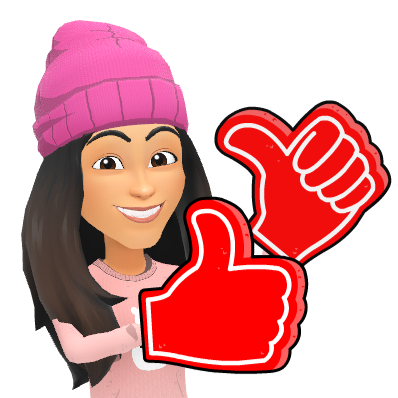
It was hard to reconcile that I just grew up differently. Culturally, I was different and coming to terms with it is something many of our students have to do in our classes. I am an awkward space where generationally, I don’t really fit in with my parents. Because of the values that were enforced in our household, it almost felt like I had a generational gap with some of my peers at school. Culturally, I don’t really fit in fully with the Chinese culture or the Canadian culture. I am very much a happy mix and blend of Canadian and Chinese; hence, people have coined it “Canadian born Chinese”. This is an awkward space both generation and culture wise, but this is me. I can’t change it, I can’t do it differently, so I learned to accept and embrace me!
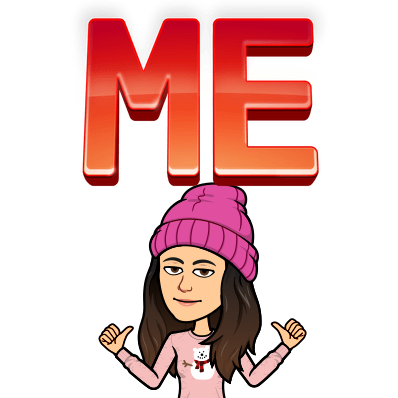
When I was in high school, I wondered if part of “growing up” and “becoming an adult” was switching your interests, because none of my teachers knew anything about Asian pop culture. I always questioned if I’d stop reading manga, listening to Kpop, Jpop or watching dramas/anime because that’s what “growing up meant”. For years in teaching, I pretended I only watched English Netflix shows to avoid being the odd one out. What are our students feeling? This also doesn’t cover every student in our classroom. We need to learn more about all. Learning is for all. Are you a fellow netizen?
Pop culture references that have come up to me lately…food for thought…
I have one student pursuing a K-pop stardom dream. But, there are many layers with their identity and how training camp runs, how the media works with this, etc. Layers of education and age, etc. Do you know the process of training camp? How grueling it can be? Yet, why is is so rewarding to debut? What does it mean “to debut”…I promise, it’s not the same as “debuting” in Hollywood. What’s a Blink (Blackpink fan)? Their music has been featured in many American Netflix films this year but how many of you know that? Why are there so many BTS references right now, do you know who they are? What in the world was that BTS/McDonald’s campaign? It was in every McDonald’s in Canada for at least a month! To protect their own identity, I don’t want to dwell too much more, but have you ever wondered about the Korean entertainment culture? How it’s different the Hollywood culture in North America? What interests do your students have here?
Netflix is releasing a Sailor Moon movie in June. This is going to be really really big. Why? One, this phenomenon is coming to a Canadian/American platform!! When this was originally written in the 90s, Sailor Neptune and Sailor Uranus were written in the original manga AND the Japanese anime to be lesbian lovers. However, the publishing company in the USA at the time thought that LGBTQ relationships were not acceptable for younger audiences and this was a show said to be geared towards “young girls.” So then, they decided to make them cousins. Yes, they changed the entire storyline and took out a part of the original story to hide an entire relationship. They also didn’t translate an entire arc of the story because there were too many scenes of romance between these too sailor scouts! (Update: the publishing company apologized in 2019 and acknowledged them as official partners), but childhood me…was outraged until about 2019…? Is it wrong to feel like it’s not fair? Is that even reasonable? The movie being released this year in June is about the Dream Arc which is right after the Arc Uranus and Neptune were introduced, but what’s more important is what is offered on Netflix will be an English TRANSLATION (The OG Japanese with subtitles will be there too!). They will not alter the story, the sequence of events, etc. from the original animation.
How many of you know how the hockey game works? Do you know how to keep score in golf? Have you gone camping? How many of you know how to play Mahjong? In the movie, “Crazy Rich Asians”, the ending Mahjong scene is one of the most powerful moments of the movie. With what Rachel speaks about Nick’s happiness and the meaning when she reveals her final hand to Nick’s mom, it’s metaphor upon metaphor upon metaphor. However, the scene is meaningless if you don’t understand how the game works.
I put these examples up there because they’ve all been in recent discussions in my class. But, giving a space where I talk about pop culture outside the “standardized norm” has helped other students in my class feel that they can share aspects of their pop culture that they’re interested in. I am learning more about my students, I am learning more as a person…and again, I am no expert, I am still just learning.
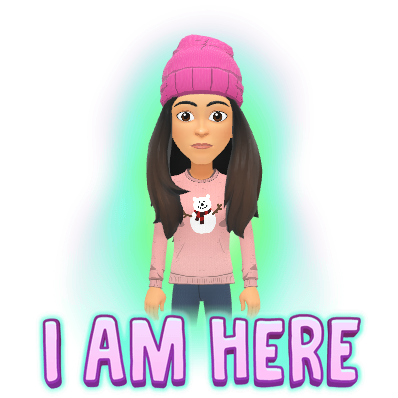
I will admit as a student, I never felt seen, I never felt relevant and I never felt like my interests mattered. Running was so epic for me because I finally felt like I had “common ground” with the social constructs around me (I have now learned it is so much more too!). Do teachers actually like dramas? Do they like anime? Do they read manga? Do they check the Spring and Fall previews? I am well into my career and adulthood, and yes yes yes to all! I still read manga, I still watch dramas…and if anyone wants to chat, I am currently watching:
- Law School (new episodes on Weds/Thurs on Netflix)
- Mine (new episodes on Sat/Sun on Netflix)
But believe me, I watch lots of Kdramas, Jdramas, anime, read lots of manga, and avid fans of certain writers, artists, actors, actresses, etc. I am the same way some are about Justin Bieber and Lady Gaga but my interests are just “not the same”. I promise there are iconic Asian pop stars like the Beatles. Do you have a colleague or colleagues you get to talk about your interests with? Camping? Golf? When will I get one too? High school me asked that every day: if I become a teacher, will I have a colleague to talk about Asian pop culture with?
I recently watched a video where a speaker asked the question “Diversity from what? Inclusion from what? We are diversifying from the white male standard, we are including into the white male standard. Why is the white male standard our baseline?” Good question. Thought I’d share…because I was like woah, I don’t know. What is the message we are portraying to students? What are we modelling? We have to role model openness and empathy to our students. We have to show students what it means to be welcoming and a learner in this space (and that it is okay to be uncomfortable). I am trying to learn as a means to create a space where everyone feels like they belong and we have to look at our own implicit bias to get there. We have to examine ourselves, our practices, our schools and so much more to get there. No one is immune to it and we all have to be reflective and critical learners in this space for our pedagogy to be effective and authentic. Thank you for reading my story as I know it was a bit of a long one, but I think this is just the one of many many learnings about each other that will help us grow :)!
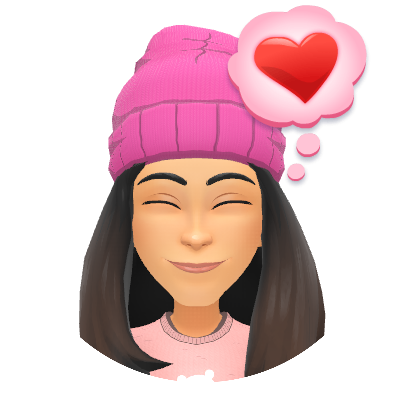


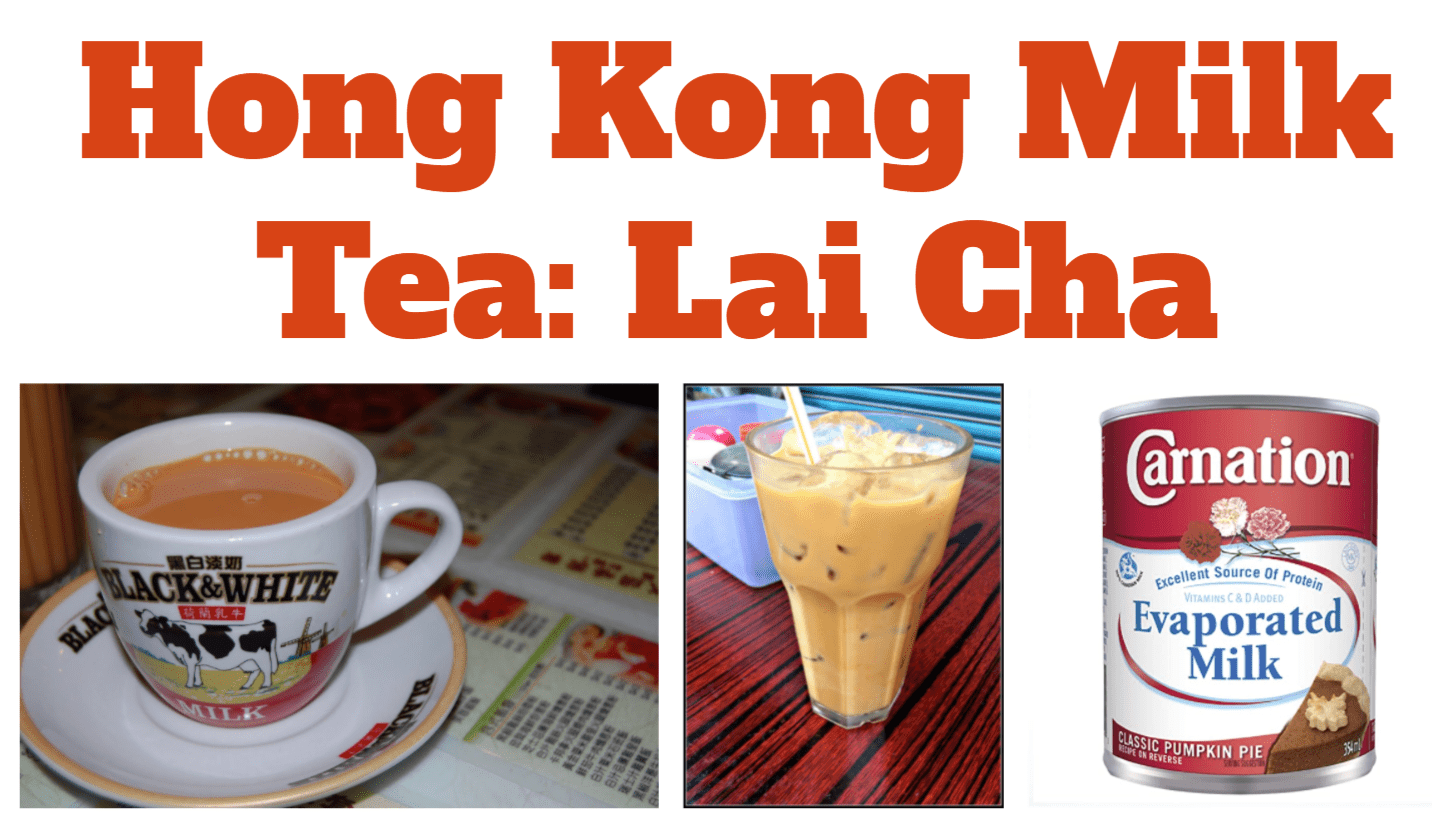

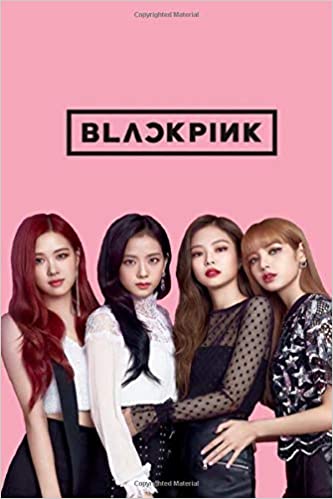
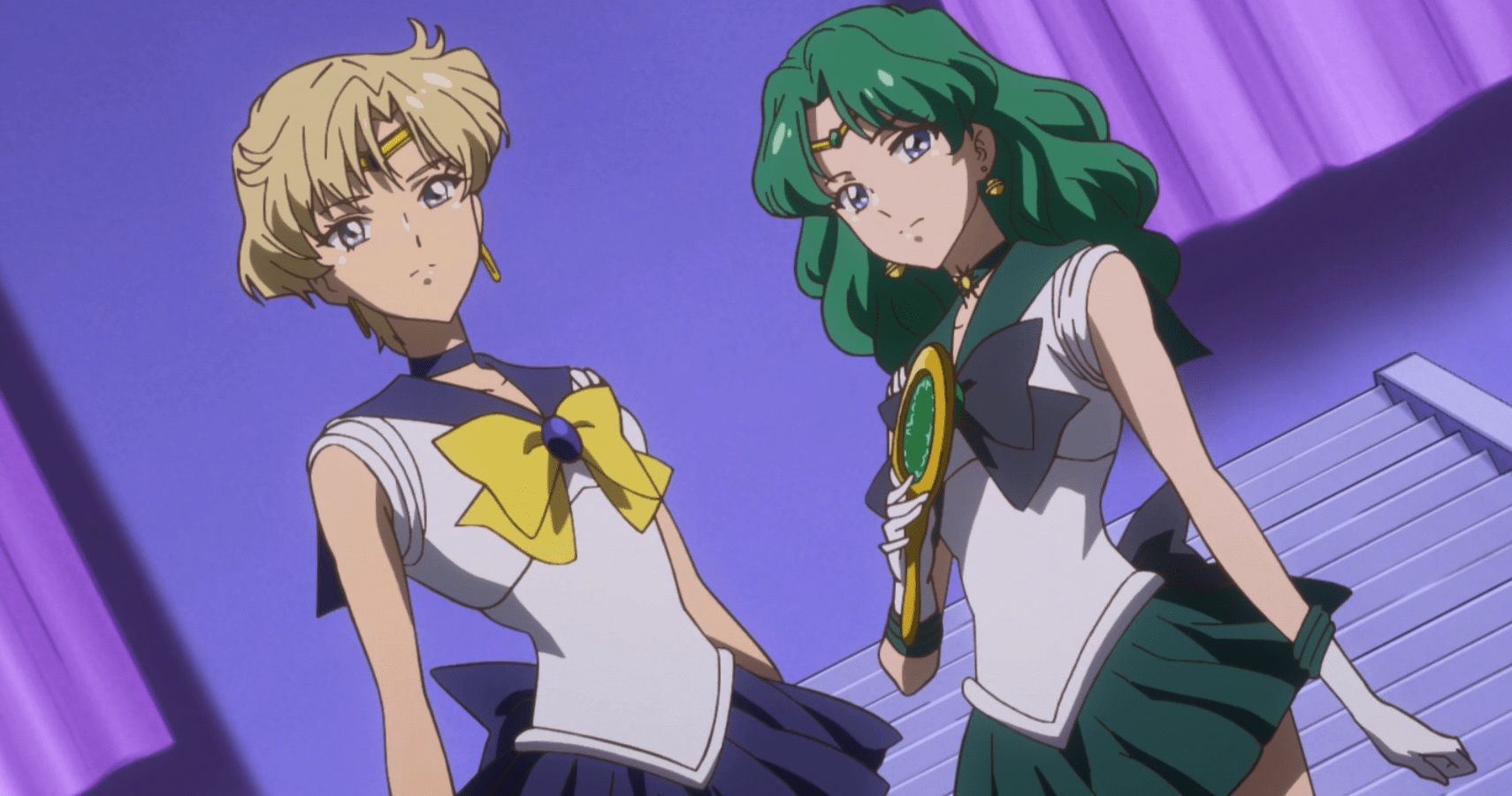

Yes! I love you sharing this and you ask MANY great questions. I am really drawn to this wondering of what we are including folks into and how do we make our communities truly inclusive? You are gift and I’m glad I know you.
This is fantastic, May! It is a beautiful combination of retelling your story, sharing yourself with the world, wondering about how things connect and pushing the rest of us to do better (in the kindest way possible). There is so much in here that resonated with me personally. I’ve had so many of the same thoughts about my name, interests, experience and just being different from “the norm” (whatever THAT is). This makes me think that what you shared is a probably a pretty common. Thank you for sharing your truth and pushing us to both get this conversation started as well as to keep it going.
Thank you so much for bravely sharing your experiences as a child, high school student and now an amazing teacher. I really enjoyed reading this and the reminder to see our students as multi dimensional, with different interests, life experiences and passions. A great reminder that no two people have been on the exact same journey and we all should listen and learn about the personal journey of others! This will make our communities so much more interesting and welcoming!